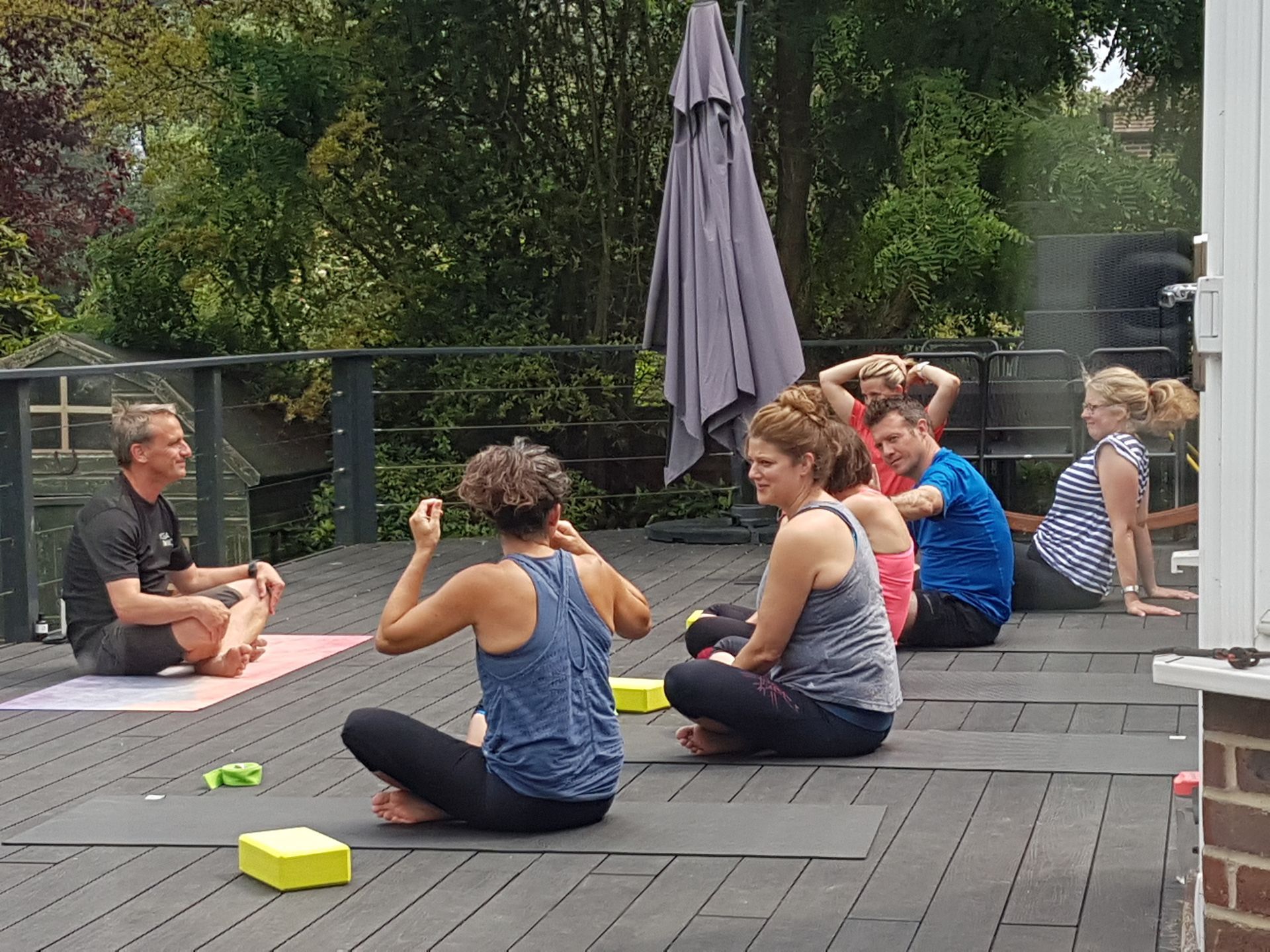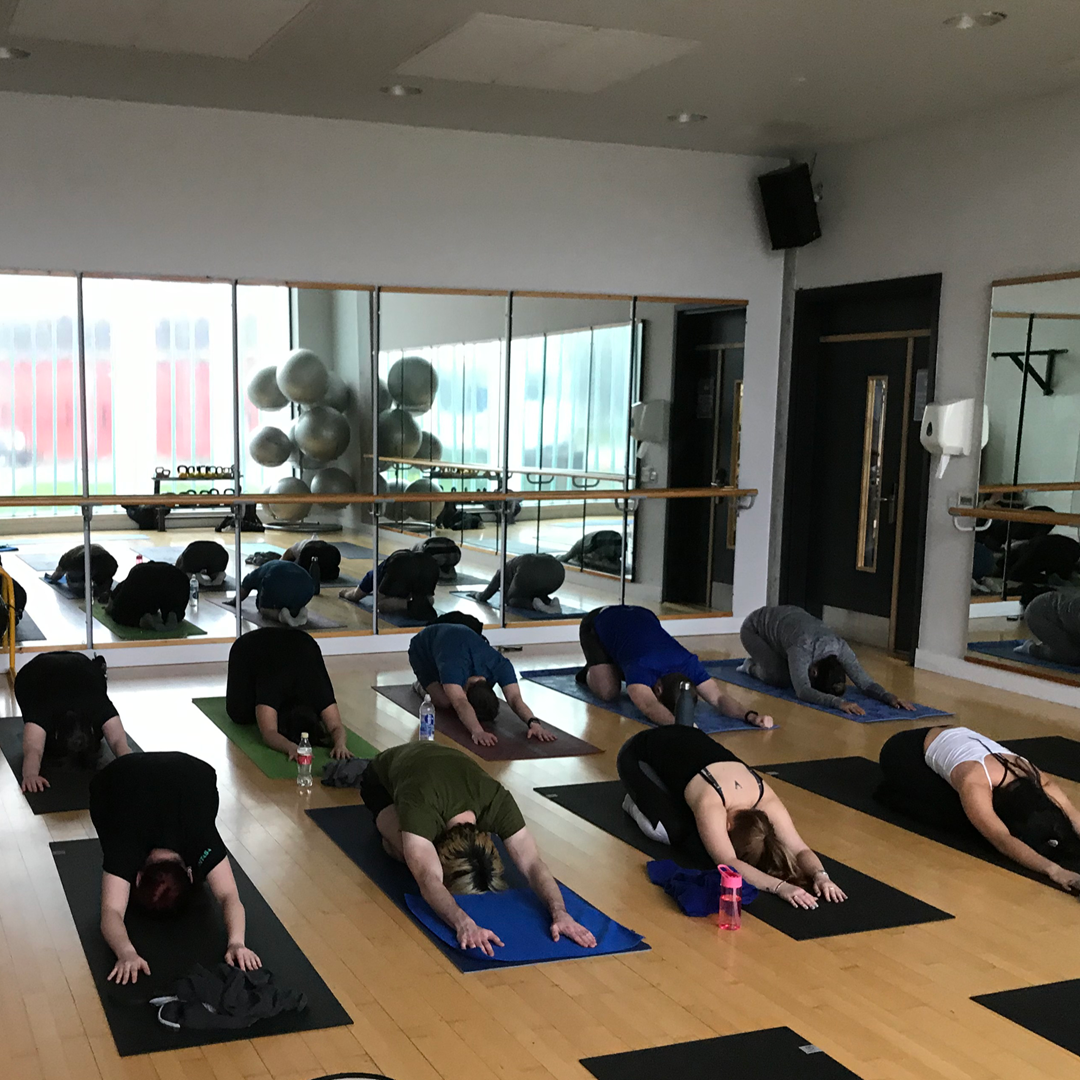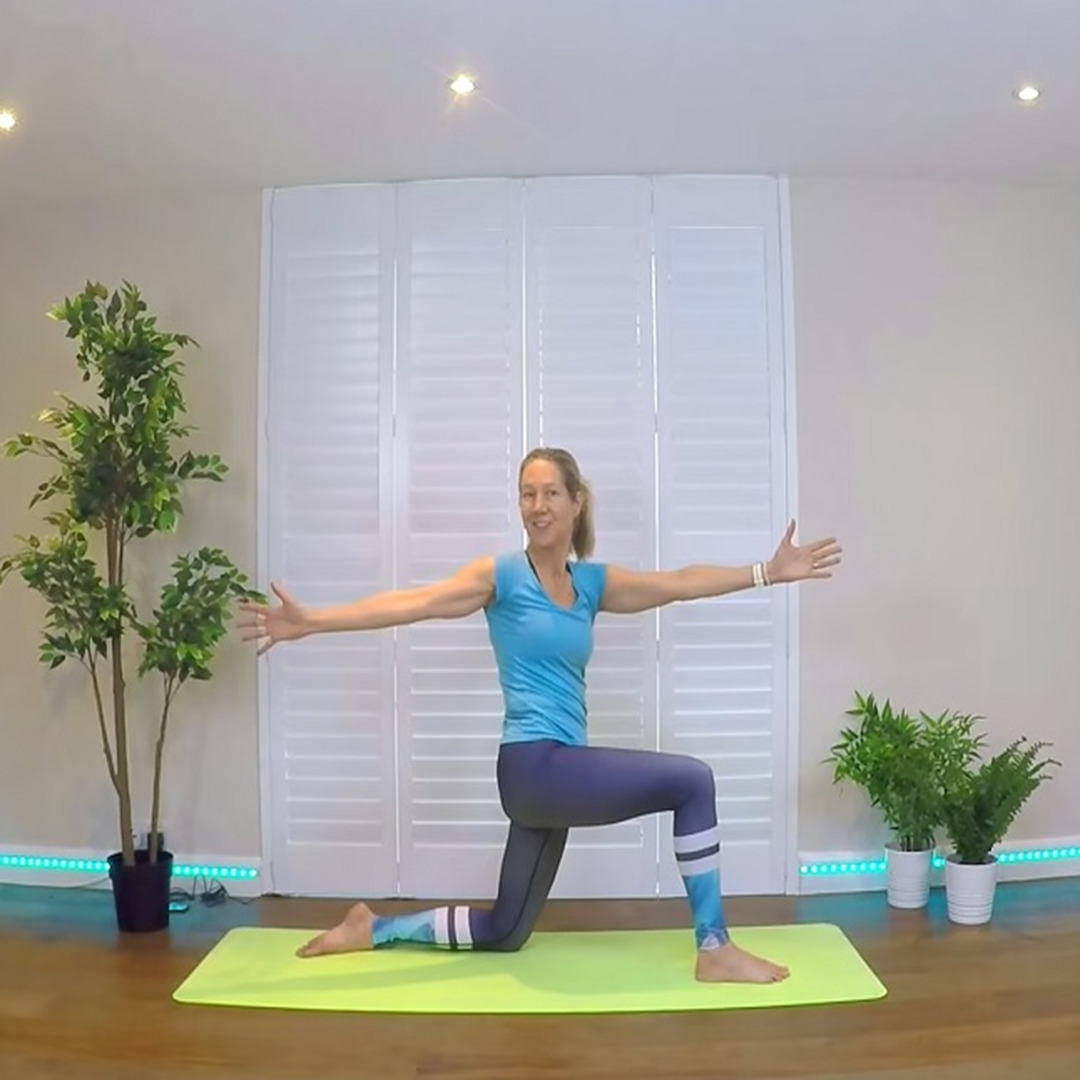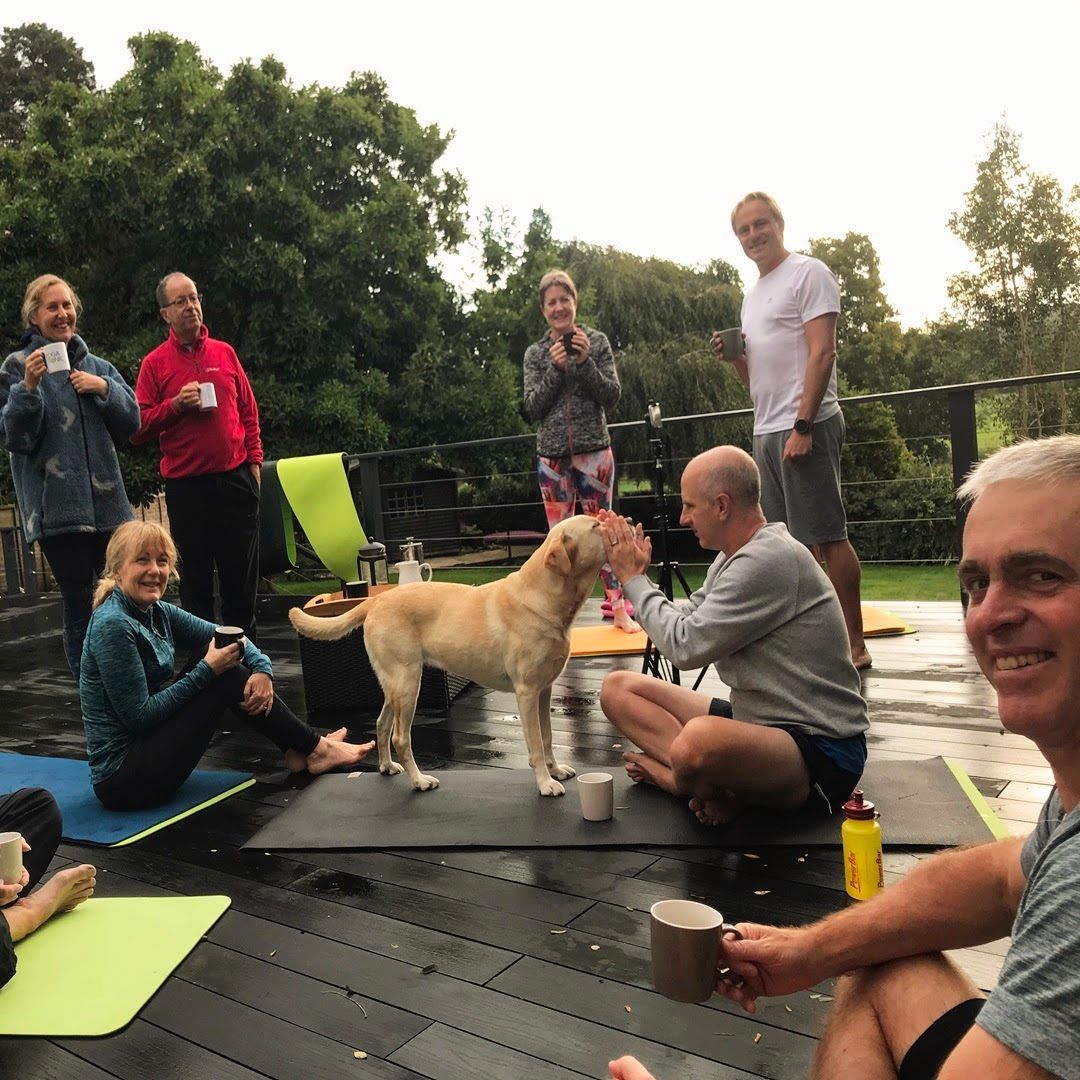TIPS TO GET BETTER SLEEP
Sleep - Quality and Quantity Counts
Whether you are young or old(er) getting enough sleep is a crucial part of our ability to listen, learn, grow, and socialise.
If getting to sleep can provide to be a struggle, perhaps there are a few things you can do to change your routine that will help you get to sleep more easily...
In the latest guest blog post from Helen Burgess, she shares key insights into the types of sleep we all have but also provides some great tips into establishing a routine to help us all sleep more easily and better. Unsurprisingly, as a dietian, Helen offers some sage advice as to what to eat, and not eat shortly before trying to get to sleep.
Getting enough (and the right) sleep helps!
There are 4 stages to a sleep cycle which lasts roughly 90 minutes.
STAGE1:
FALLING ASLEEP (non-REM) –this is a short stage, only lasting around 5 minutes. The brain starts to slow and the body often twitches.
STAGE2:
LIGHT (non-REM) – the body drops in temperature, muscles relax and breathing and heart rate slow. We spend around half the night in this stage.
STAGE3:
DEEP (non-REM) – heartrate and muscle tone relax even more. This is thought to be the most restorative stage of sleep during which the body recovers, repairs, grows, boosts the immune system, releases growth hormones and, crucially, when the brain detoxes and flushes out harmful toxins. We get more of this in the first half of the night.
STAGE4:
REM – rapid eye movement. This is the stage where most dreams happen. Brain activity picks up, the body goes into temporary paralysis of the muscles (apart from the eyes and breathing muscles). It is crucial stage for memory, learning and emotional regulation. We get more of this in the second half of the night.
Getting a good amount of sleep – particularly deep and REM – is therefore crucial for consolidating memories and solidifying the learning experiences of the day. It also helps with emotional regulation and boosting the immune system, both of which are tested a lot during the average day!
Top tips for supporting better sleep
There’s a lot we can do to help get a good night’s sleep:
1. Establish a regular bedtime around
Stick to a regular bedtime of between to make sure you are logging enough hours – the aim should be around 8 hours..
2. Establish a consistent bedtime routine
Such as a bath (especially one with Epsom salts in which are super relaxing for the body!), teeth and or read. The consistency is key as it signals to the brain that it is time to wind down.
3. No screens at least an hour before bed
The blue light they emit wreaks havoc with the brains ability to wind down. This is because it suppresses the body’s production of melatonin which is the hormone needed to fall asleep. Also important is to make sure no devices are left in the bedroom overnight – it can be tempting to reach out for it, or stay up late, so remove the temptation!
4. Keep the bedroom cool and dark
The body’s temperature drops when it moves into stage 2 of sleep, so if the bedroom is too hot, it can affect this. Around 20c seems to be around the sort of temperature for optimal sleep. Whilst lots of children like night lights (ours certainly do) try to find calming dim lights, and a good set of curtains that don’t allow too much light in in the mornings (especially during the summer!)
5. Sleep inducing foods
Foods containing an amino acid called tryptophan help the body to produce melatonin. Try to incorporate these foods into dinner or your kids last snack of the day: nuts, seeds, kiwi, cherries, bananas, chicken, fish, oats, beans, lentils, and eggs. Amazingly, pistachios have been found to have the highest levels of melatonin on the planet, so they are a brilliant (albeit expensive!) snack to introduce.
6. Sleep inhibiting foods
Avoid stimulating foods and drinks before bed…anything with caffeine like fizzy drinks, chocolate, as well as high sugar foods like ice-cream, biscuits, sweets - the sugar in them increases insulin which has a bit impact on sleep
We find it works well to talk about the importance of sleep as a family and agree the routine and bedtime together.
Good luck and let us know if you have any questions or comments.









